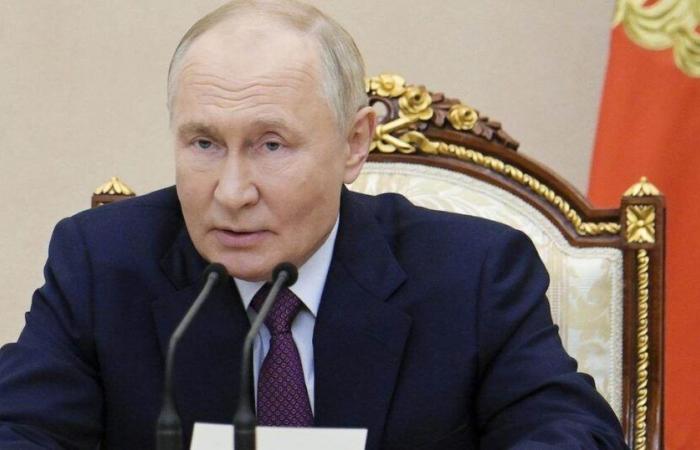In a kyiv hospital, 13-year-old Adrian and his mother Oksana fight cancer together. This fight, already trying, is made even more difficult by the conditions of war. “Every night and every day there are alarms. It’s dangerous to come here to the hospital. You don’t just have to think about the treatments and your child, but also everything around you,” explains Oksana, in the 12:45 p.m. of the RTS.
For patients and those around them, war adds a permanent dimension of anxiety and danger. With each trip to the hospital, Oksana and Adrian risk their lives, between airstrikes and unstable roads.
The kyiv Pediatric Cancer Hospital, where Adrian is treated, reflects the monumental challenges facing Ukraine’s healthcare system. According to its director, Grigoriy Klimniuk, human and material resources are rapidly dwindling. “Since the war, there has been a shortage of personnel, it is difficult to find doctors and nurses, it requires a lot of resources. And we have lost so many children. Before, we had around fifty a day, today ‘Today, half of it remains,’ he explains.
Hospital infrastructure is also affected by Russian strikes. After a recent attack on the clinic buildings, 90% of patients had to be evacuated to other hospitals, often less well equipped. Medicines, already expensive and rare, became almost inaccessible: a large part of the funds were redirected towards the war effort, leaving little room for health needs.
International support to fill the gaps
Faced with these difficulties, humanitarian organizations are trying to ease the burden on patients and caregivers. In Ukraine, the Solterre mission, supported by the Swiss humanitarian aid fund, offers resources to finance treatment and support young patients traumatized by war.
Gioele Scavuzzo, head of the mission, sums up the scale of the challenge: “Unfortunately, children with cancer are waging a double war. The first is the fight against cancer, associated with psychological and physical trauma. The second trauma results from conditions of war, meaning that treatments and healing processes may be delayed or worsened by war trauma.”
These funds make it possible in particular to improve the care of children transferred to other structures and to provide psychological support to families faced with unbearable circumstances.






